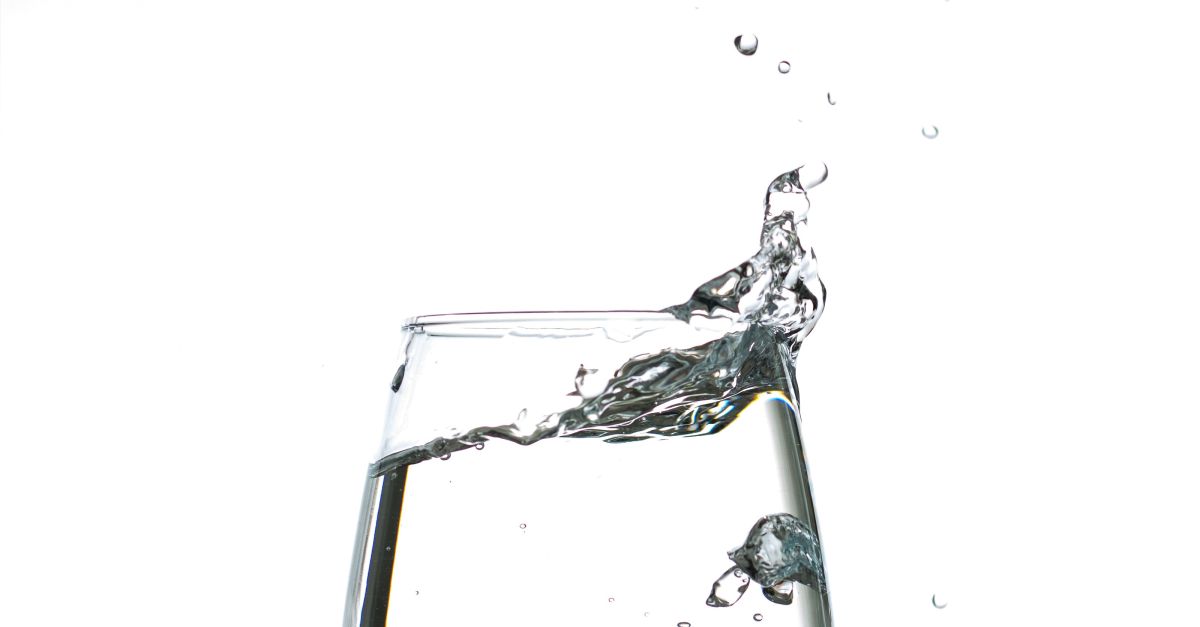
DWD - Environment Council 20 December
At the Environment Council held yesterday, 20 December, the Austrian Presidency included a progress report on the DWD as an item under AOB.
Elisabeth Köstinger, Minister for Sustainability and Tourism of the Republic of Austria, presented the developments over the last six months. She thought to have made “significant progress on the issues of improved access to water and the issue of materials in contact with drinking water”. She was also convinced that the “most recent compromised text (19 December version) clearly shows that the Council is very close to reaching agreement on this matter”. She was also confident that under the guidance of the incoming Romanian Presidency, Member States will be able to bridge the remaining differences.
Karmenu Vella, European Commissioner for Environment took the floor and thanked the Bulgarian and the Austrian Presidencies for the work undertaken on this file. He recalled that European Commission president included the drinking water proposal in his letter of intent and highlighted it as a key initiative for adoption before the European election next year. The proposal is considered important, not only because it replies to the first European Citizens Initiative on access to water, but also because it brings important innovation, a risk-based approach (that is anyway optional for MS under the current directive) and an update of the health parameters. He regretted that despite all efforts deployed, the progress made over the past semester was slower than expected. However, his assessment was that with enough political will from the Council’s side there is still a possibility early on, under the Romanian presidency to agree on a mandate and embark on trilogues with Parliament. He thought that with a constructive approach by MS, a COREPER mandate in mid-January would make this possible. With a bit of flexibility and compromise, the three institutions would be able to find solutions on the main outstanding issues. In his view, postponing trilogues would also affect the work undertaken in the European Parliament where MEPs are ready for negotiation.
The first issue to resolve is access to water, Member States are divided, some strongly defending the article referring to this right, while some others do not want it to be part of EU law, although they intend to do so at national level.
The Commission proposal was clear, we wanted to allow flexibility but with a clear reference to the right to water. This is a very important element for the Parliament so he hoped that a compromise could be reached to show citizens that they are listened to and that Europe matters.
On materials in contact with drinking water, there is a better understanding on what introducing hygienic requirements in the directive entails. The Commission has the mandate to help finding solutions that are legally sound and implementable. The Commission’s services are ready to propose suitable solutions which take into account and evaluate existing similar legislation. He stressed again the need to give this file an opportunity to go to trilogue. He, therefore, appreciated that the Romanian Presidency has included water in its top three environment priorities.
Reactions from the Member States
Portugal, Luxembourg, Greece, Spain and Italy clearly spoke in favour of re-including art.13 on access to water in the Presidency text, voicing their disappointment with the latest version sent by the Austrian Presidency on the 19 December.
France, Czech Republic, the UK, The Netherlands, Denmark, Hungary stressed the need to further develop the technical elements of the proposal (namely materials in contact with drinking water, the Risk-based approach, the circular economy dimension, monitoring, the quality parameters). The negotiations in the Council are complex and making mistakes is not an option. They invited the Council not to rush the discussions since several issues need to be clarified before entering into trilogues with the Parliament. The implementation of the directive should not be compromised and the quality of the legal drafting should be ensured. They were all ready to work under the Romanian Presidency.
Sweden voiced its concerns about the Total PFAS parameter. The Minister referred to the recently published EFSA opinion that contains recommendations for setting a lower TDI. She insisted that the new scientific opinion be incorporated in the DWD.
The UK pointed at the need to align the proposal with the WHO recommendations.
Denmark expressed its disappointment with the proposed version of art.14 on transparency, especially concerning the deletion of energy consumption and water leakage.
The video is available at: (1:24:00)
The Romanian Presidency scheduled the first WPE meeting on the 8 January.
- Created on .